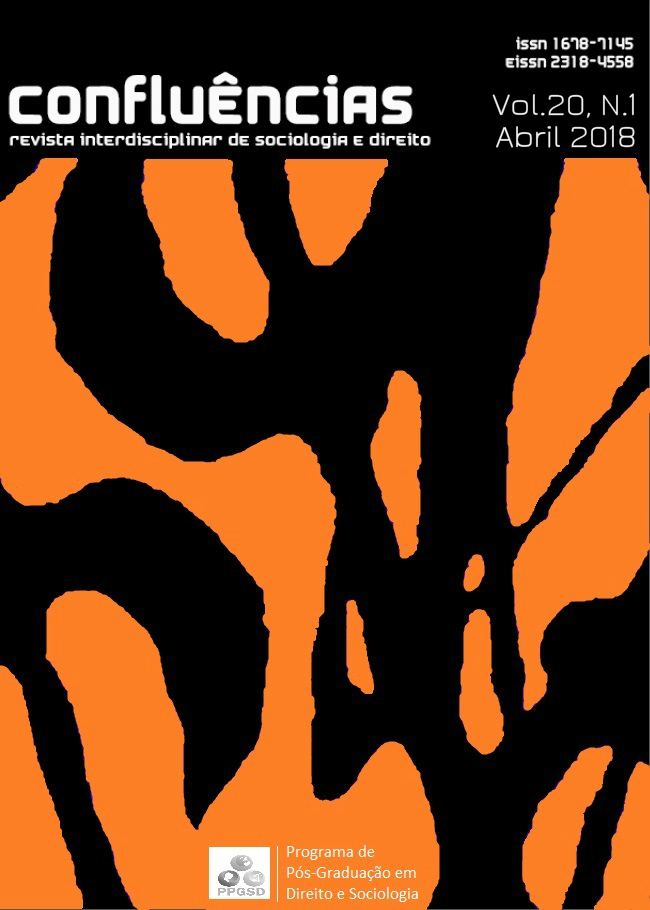THE RELATIONSHIP BETWEEN VIOLENCE AND SCHOOL EXPECTATIONS IN THE STATE SCHOOLS OF THE METROPOLITAN REGION OF BELO HORIZONTE.
DOI:
https://doi.org/10.22409/conflu20i1.p517Keywords:
school climate, school violence, educational expectationsAbstract
The aim of this work is to understand the relation between violence and school organization, and how these factors influence the expectation about students’ schooling. To this end, INEP - Instituto Nacional de Estudos e Pesquisas Educacionais Anísio Teixeira - data were used about schools of Minas Gerais as well as data from a sample survey of CRISP - Centro de Estudos em Criminalidade e Segurança Pública - about school violence in Belo Horizonte’s metropolitan area. Econometric analysis results suggest that school organizational ability affects the occurrence of violence committed by students. The improvement in school environment has, in turn, a positive effect on expectations about high schooling rates among adolescents. Events of violence have an indirect effect – via school schooling - on the expectations of high schooling rates.Downloads
Download data is not yet available.
Published
2018-10-02
How to Cite
Meira Bastos, L. (2018). THE RELATIONSHIP BETWEEN VIOLENCE AND SCHOOL EXPECTATIONS IN THE STATE SCHOOLS OF THE METROPOLITAN REGION OF BELO HORIZONTE. Confluências | Interdisciplinary Review of Sociology and Law, 20(1), 77-104. https://doi.org/10.22409/conflu20i1.p517
Issue
Section
Artigos
License
The authors hold the copyright, with first publication rights granted to the journal, being the work simultaneously licensed under the Creative Commons Attribution Licence, which allows the work to be shared with acknowledgement of authorship and first publication in this journal.
The authors have authorization to separately purchase additional contracts of non-exclusive distribution of the work's version published in this journal (e.g.:publication in institutional repositories or as a book chapter), with acknowledgment of authorship and first publication in this journal.
The authors have permission and are encouraged to publish and disseminate their work online (e.g.:in institutional repositories or on their personal page), at any point - either before or during the editorial process, since it may generate productive changes, as well as increase the impact and citation of the published work.







